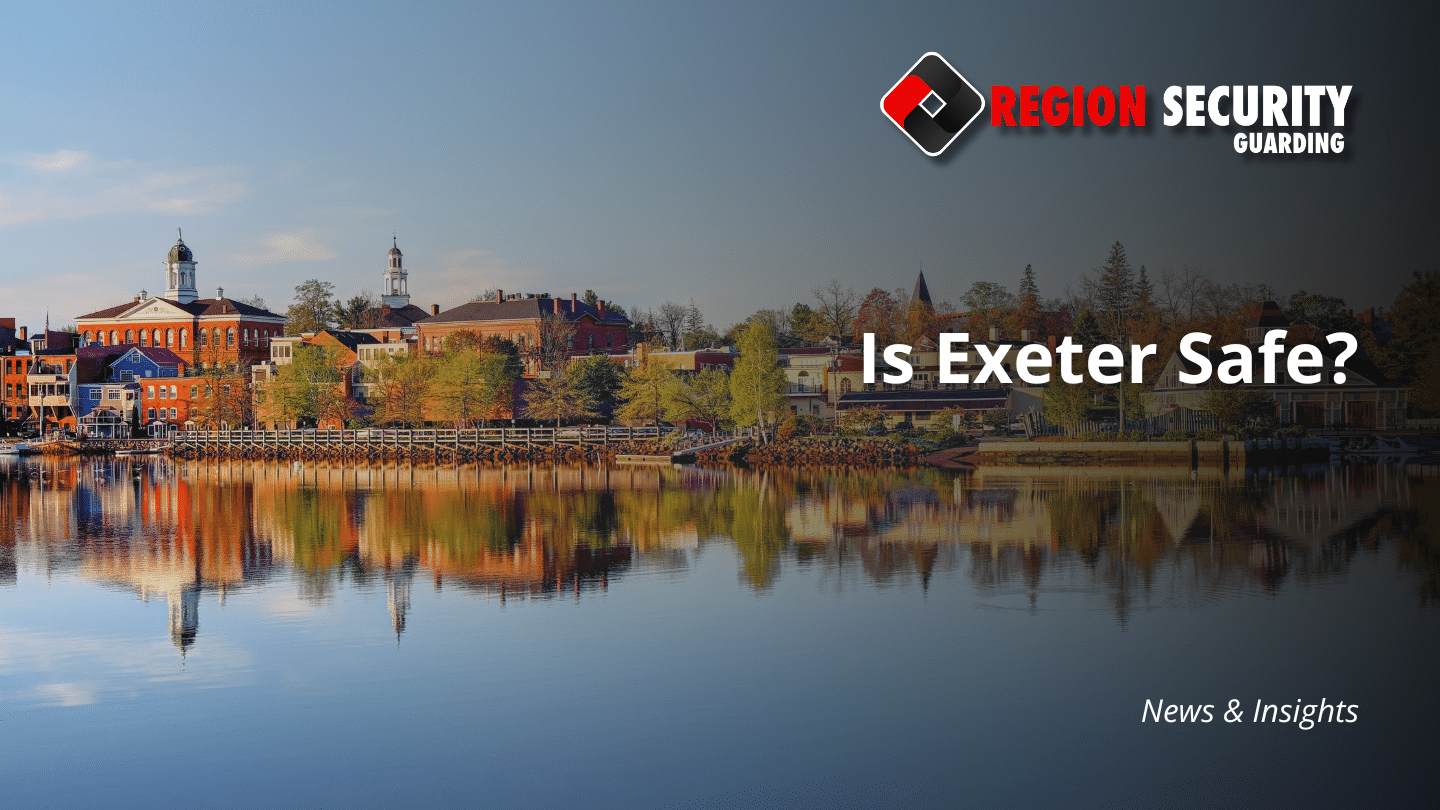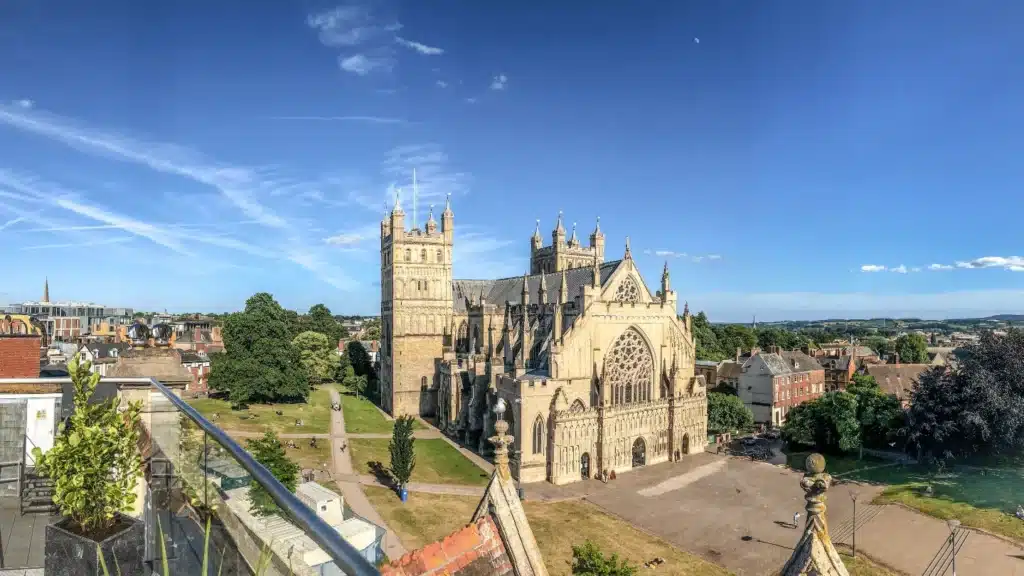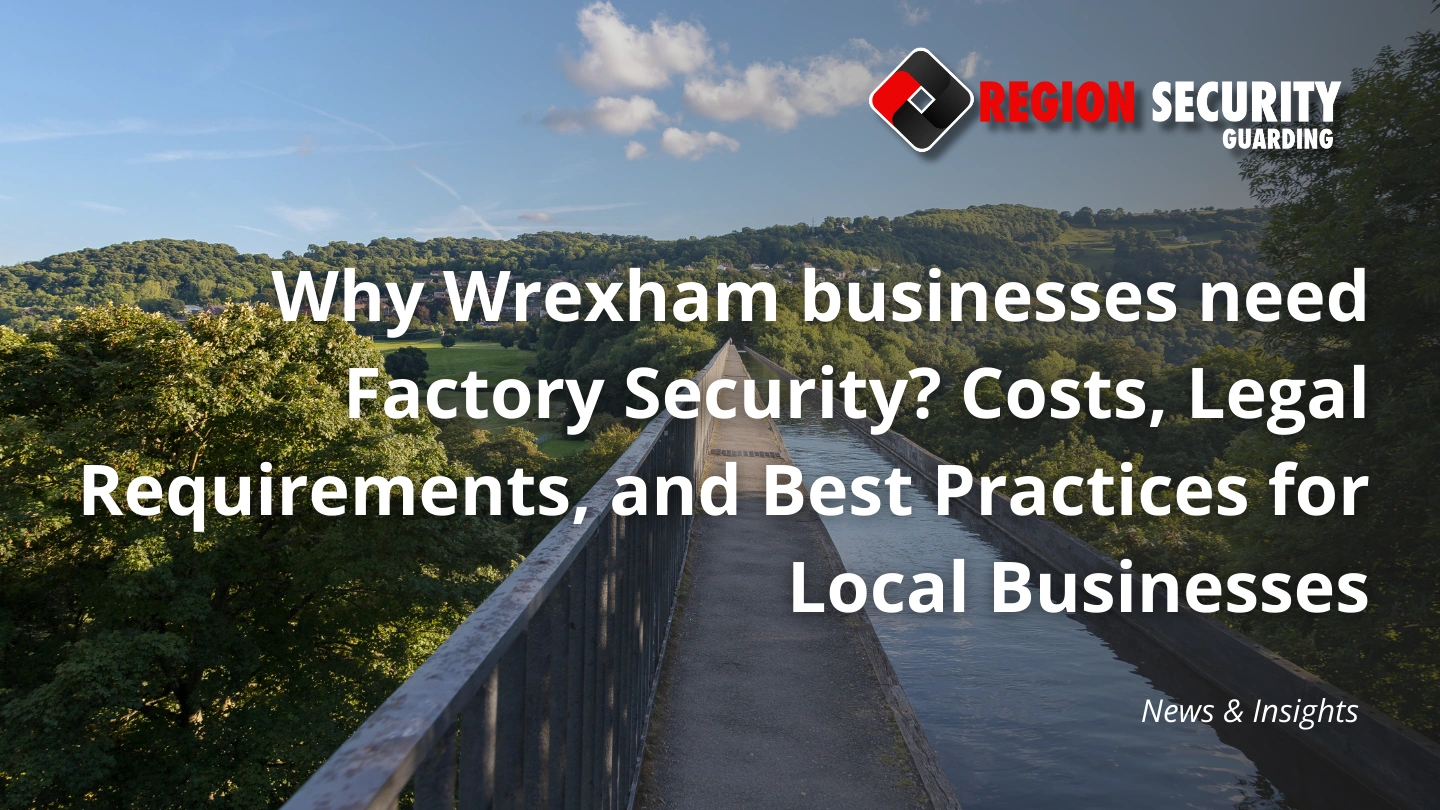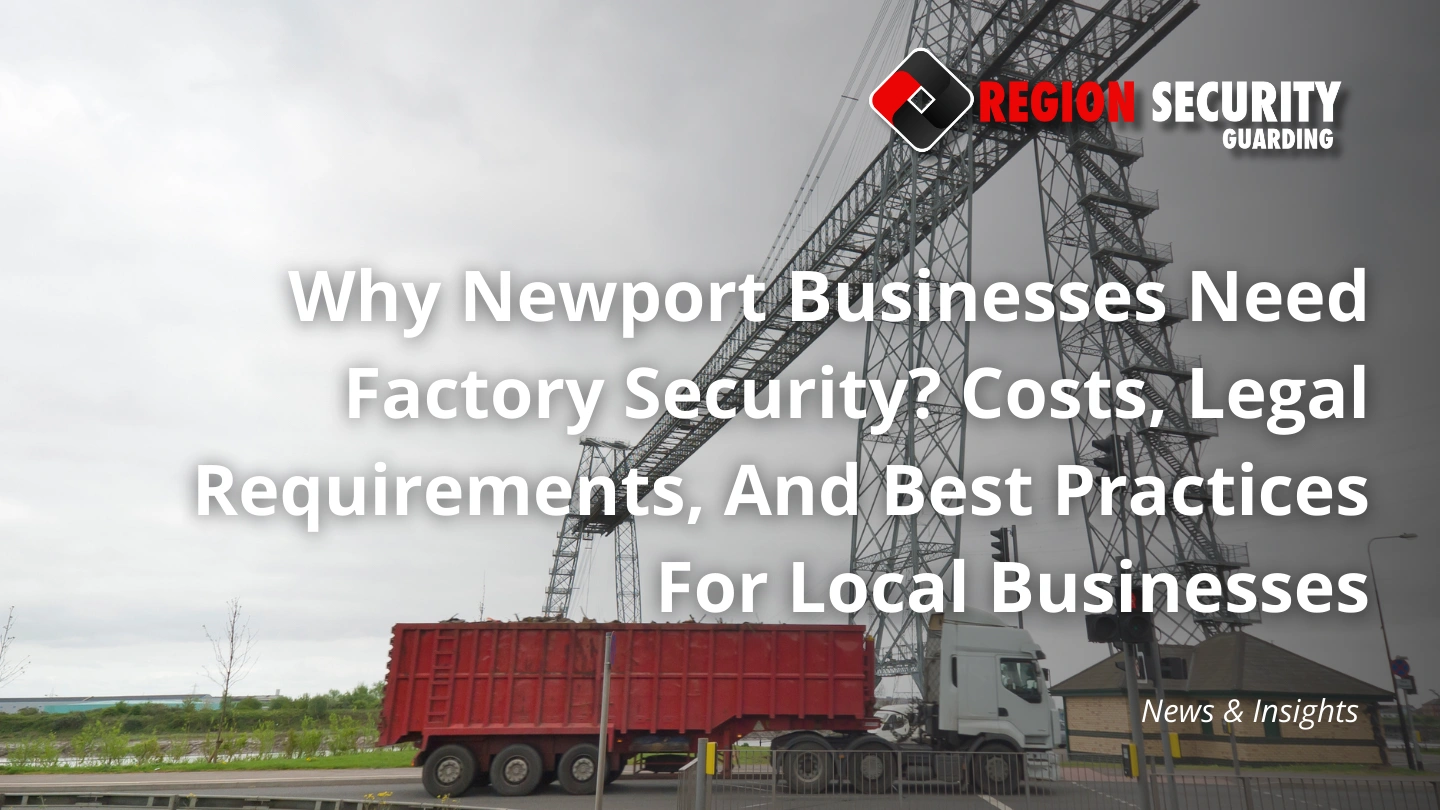Quick Facts:
- Exeter’s Crime Rate: 69 crimes per 1,000 people.
- Most Dangerous Areas:
- St Thomas: 157 crimes per 1,000 people.
- St David’s: 136 crimes per 1,000 people.
- Mincinglake and Whipton: 90 crimes per 1,000 people.
- Safest Areas:
- Alphington: 37 crimes per 1,000 people.
- St Loyes: 46 crimes per 1,000 people.
- Priory: 50 crimes per 1,000 people.
- Most Common Crimes: Violence and sexual offences, anti-social behaviour, and shoplifting.
Source: CrimeRate
Table of Contents

Is Exeter Safe?
With an overall crime rate of 69 crimes per 1,000 people, Exeter is the safest major city in Devon. However, caution is still advised since the city is also among the top 20 most dangerous out of Devon’s 403 towns, villages, and cities.
In today’s article, we’ll explore how safe Exeter is, crime statistics for the area, and identify the safest and most dangerous areas. We’ll also share practical safety tips to help businesses and residents protect themselves.
Is Exeter A Safe Place to Live?
If you’re wondering “is Exeter a safe city?”, the answer is: it depends where you are.
Exeter’s crime rate has fluctuated over the past few years, experiencing both increases and decreases during this period. The most common crimes in 2024 were violence and sexual offences, accounting for 4,367 incidents. Between 2023 and 2024, crime has increased from 47 crimes per 1,000 to 69 crimes per 1,000 people. These figures highlight Exeter’s ongoing challenge in maintaining low crime rates.
However, some areas within Exeter maintain low crime rates, contributing to the town’s reputation as a safe place to live.
That said, some areas still have low levels of crime, and help contribute to Exeter’s reputation as a safe place to live.
What Are the Safest Areas in Exeter?
In 2024, the safest areas in Exeter were:
- Alphington: 37 crimes per 1,000 people.
- St Loyes: 46 crimes per 1,000 people.
- Priory: 50 crimes per 1,000 people.
If you’re looking at living safely in Exeter, these neighbourhoods offer a strong sense of community, security, and convenient access to the city centre. The offer a peaceful environment while still being well-connected to the heart of the town.
This makes them ideal for families, students, professionals, and business owners seeking safe areas in Exeter.
What Are the Most Dangerous Areas in Exeter?
Exeter’s most dangerous areas in 2024 were:
- St Thomas: 157 crimes per 1,000 people.
- St David’s: 136 crimes per 1,000 people.
- Mincinglake and Whipton: 90 crimes per 1,000 people.
Exeter’s most crime affected areas struggle with high rates of anti-social behaviour, theft, and violent crime. These areas experience issues such as property damage, drug-related incidents, and burglaries, making them riskier places to live and work.
Factors such as busy transport links, deprivation, and high population turnover contribute to increased crime risk in Exeter.

What Are the Most Common Crimes in Exeter?
According to CrimeRate, the top 5 most common crimes in Exeter in 2024 were:
- Violence and Sexual Offences: 4,367 incidents (30 crimes per 1,000 people)
- Anti-Social Behaviour: 2,374 incidents (16 crimes per 1,000 people)
- Shoplifting: 1,684 incidents (11 crimes per 1,000 people)
- Criminal Damage and Arson: 997 incidents (6 crimes per 1,000 people)
- Other Theft: 739 incidents (5 crimes per 1,000 people)
Violent crime in Exeter and sexual offences, were by far the most reported crimes. These were followed by anti-social behaviour, which is a significant concern across the city.
Is Crime in Exeter Increasing?
Crime in Exeter has been fluctuating since 2022.
- 2021: 59 crimes per 1,000 people.
- 2022: 64 crimes per 1,000 people.
- 2023: 47 crimes per 1,000 people.
- 2024: 69 crimes per 1,000 people.
Although Exeter City Council has prioritised tackling areas including hate crime, extremism, anti-social behaviour, sexual violence, and serious organised crime, the statistics indicate that more action is needed to reduce crime rates in Exeter further.
How to Stay Safe in Exeter
Since statistics show that Exeter’s crime rate remains a concern, we’re sharing practical steps residents and businesses can take to enhance safety:
Tips for Residents:
- Secure Your Home: Ensure your property is well-lit and deter intruders by installing high quality locks on doors and windows.
- Invest in Security Technology: Protect your home by installing CCTV, alarm systems, and motion-sensor lights to help deter burglars.
- Protect Your Belongings: Whether at home or in public, minimise risk of theft by securing valuables and keeping them out of sight.
Tips for Businesses:
- Manned Guarding: Create secure and welcoming environment with fully licensed security guards stationed at your business premises.
- CCTV Monitoring Services: Consider 24/7 professional surveillance and real-time monitoring of your business premises to detect and respond to suspicious activity, and for added peace of mind.
- Keyholding and Alarm Response: These offer swift intervention of alarm activations on your business premises, ensuring continuous safety for employees, customers, and visitors.
Conclusion: Is Exeter Safe?
So, how safe is Exeter? Compared to other major UK cities, Exeter has a relatively low crime rate, making it a safer choice overall. However, like any city, some neighbourhoods still face challenges. Staying vigilant and investing in security measures is vital to keep your property, business, and loved ones safe.
Overall, Exeter remains a relatively safe city, but vigilance and proactive measures are essential to keeping crime rates low.
👉 Interested in improving security at your home or business? Region Security Guarding offers trusted services across Devon, from retail security and construction security to warehouse security in Exeter.
If you found this article useful, you can learn more about crime rates on our News & Insights page.
Business Security You Can Rely On
Trusted by leading businesses nationwide for reliable, 24/7 protection.
or call 0330 912 2033

We have used Region security for quite a while now. Top notch service, great guards and helpful staff. We love our guards and the team for all of their help / work.
No need to try the other companies at all.”
Andy Yeomans – Jones Skips Ltd
Great company, professional services, friendly guards and helpful at times when required.”
Rob Pell – Site Manager
A professional and reliable service. Always easy to contact and has never let us down with cover. No hesitation in recommending and competitively priced also.
After using an unreliable costly company for several years it is a pleasure to do business with Region Security”
Jane Meier – Manager
Region Security were very helpful in providing security for our building. We had overnight security for around 4 months. The guards themselves were professional, easy to reach and adapted very well to our specific needs. Would definitely recommend Region for security needs.
Lambert Smith Hampton
Great service. Reliable and professional and our lovely security guard Hussein was so helpful, friendly but assertive with patients when needed. He quickly became a part of our team and we would love to keep him! Will definitely use this company again
East Trees Health Centre
Fantastic Service from start to finish with helpful, polite accommodating staff, we have used Region Security a few times now and always been happy with what they provide.
Leah Ramsden – Manager




